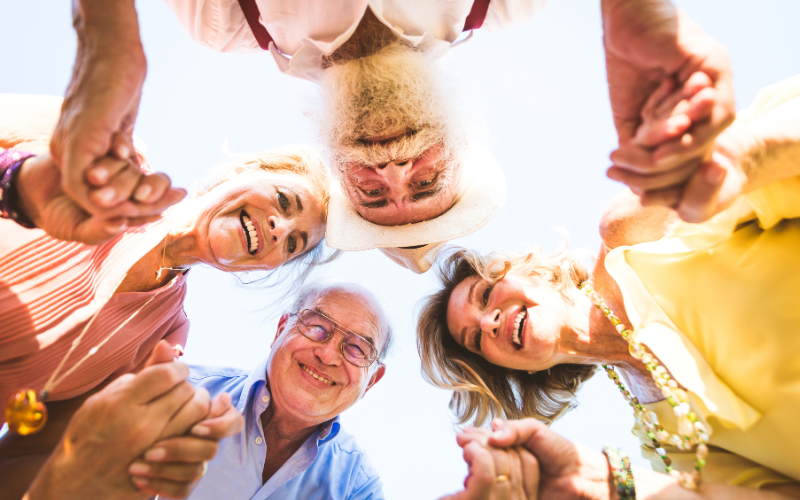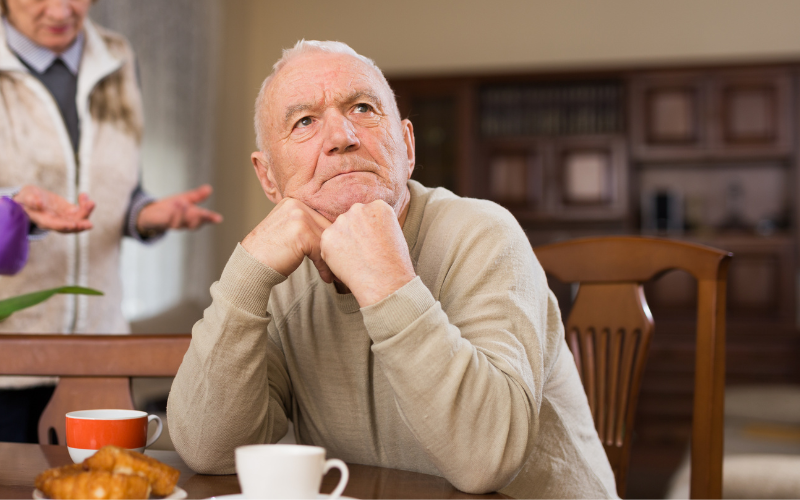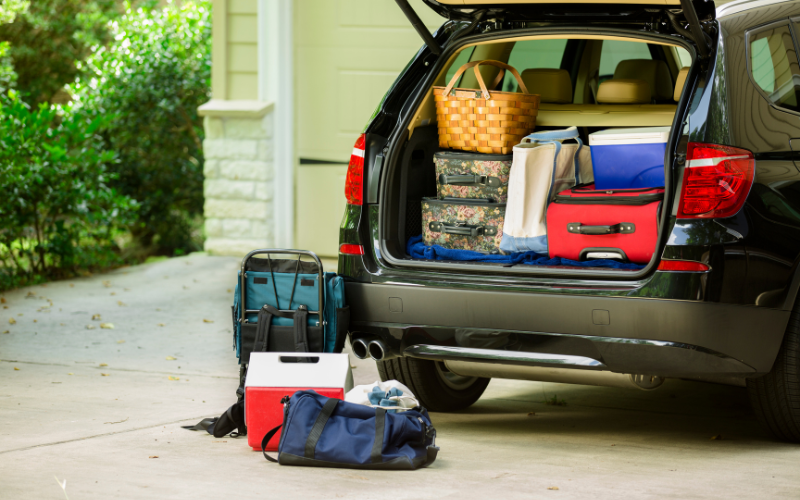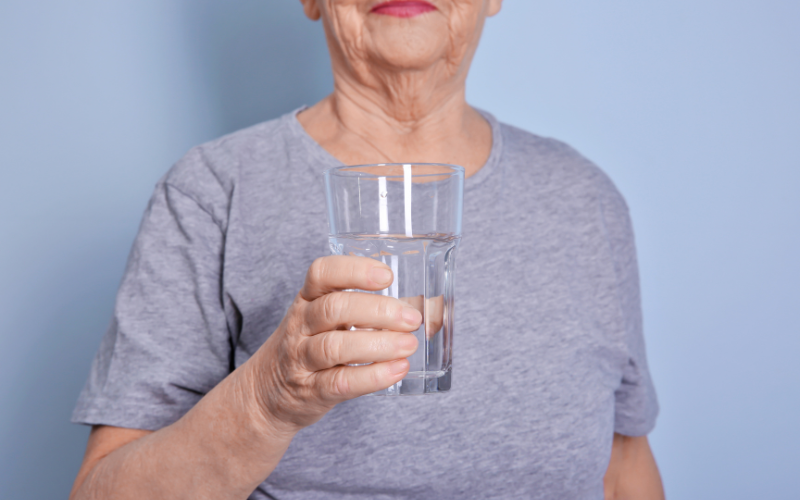
The summer is the time when people enjoy staying outdoors and being active. The warm and sunny weather calls for beaches, evening walks, gardening, family cookouts, or sipping margaritas on the patio. Staying under the sunlight also helps in stimulating the body to produce vitamin D, which is important for good health. However, with all these benefits, there comes a risk as well. You may be young but think about your parents! Seniors are more prone to heat stroke. As they age, they face many physiological changes that make them sensitive to bright sunlight, excessive heat, and humidity.
What heat-related issues do Senior’s face?
- Heat Edema
- Heat Exhaustion
- Heat Cramps
- Heat Syncope
- Flushed Dry Skin
- Dehydration
- Behavioral Changes and Mood Swings
- Low Blood Pressure
To help seniors navigate the summer safely, we have gathered some important safety tips that you and their caregiver can take to make the season enjoyable for them.
10 Summer Safety Tips for Seniors
1.Boost Hydration: Hydration is the key to preventing issues caused by heat. Seniors are more susceptible to dehydration because they don’t sweat or realize the need of thirst as much as young people do. Plus, they may take diuretics, also known as water pills, to treat blood pressure, kidney infections etc., that decreases the amount fluids from their body. To prevent dehydration while getting out in the sun, we recommend that home caregivers make sure seniors drink plenty of water, clear juices, and other liquids that do not contain caffeine or alcohol. Caffeinated and alcoholic beverages can make your elderly loved one urinate more which can increase the risk of dehydration.
- Avoid Mid-Day Hours: Between 12:00pm and 3:00pm, the sun is at its peak and there is excessive humidity. If you can limit your senior’s outdoor activities during that time and have gatherings or outings during the morning or in the evening. Older adults should avoid any kind of strenuous activities during the midday hours to avoid any kind of heat problems.
- Wear Sunscreen and Eye Protection: Apart from heat strokes, UVB rays can cause sunburns, cataracts, and skin cancer, which has become quite common among seniors. Protecting your senior’s skin from too much exposure to the sun greatly reduces the risk. It is recommended to wear sunscreen, some kind of eye-protective glasses, and a hat while going out in the summer.
- Wear Appropriate Attire: When attending summer events, everyone, including your senior loved ones, wants to look their best. However, they must also dress for the weather. Loose-fitted clothing made from cotton and breathable materials are most comfortable in the heat. Wearing synthetic or tight-fitted clothing will restrict breathing and cause more irritation to the skin.
- Air-Conditioned Environment: Seniors should find a balance between staying outdoors and then moving indoors for a break from the heat. Take frequent travel breaks and find a spot where you can go inside a restaurant or a movie theatre to sit in the cool air. If possible, spend more time in libraries, cafes, the mall, or meet your friends at the senior center.
- Stay Cool: Taking tepid or cold-water showers is recommended for seniors one or two times a day to reduce the effect of heat on the body.
- Prevent Trips and Falls: Tripping and falling is common in icy conditions in the winter. But in the summer, especially when seniors are out more often, there are risks of having a fall due to uneven patio pavers, outdoor rugs, slippery water, and sandy beaches. In-house caregivers should make sure seniors can stay alert and watch for trip hazards by using sunglasses, walking devices, and hearing aids.
- Monitor Heat Index: Browse for heat-index monitors and keep one handy. These monitors measure the temperature, humidity, and air movement outside, which can be beneficial before making any outdoor plan for the day.
- Watch Out for Symptoms: Caregivers and seniors themselves should watch for a range of symptoms associated with hyperthermia such as fatigue, intense thirst, nausea, excessive sweating etc.
Caregivers should keep medications handy in case of an emergency.
- Assign a Buddy: If your senior loved ones have reached an age where they cannot do certain things or activities by themselves, it is best to have a companion or a caretaker with them 24/7. These companions can be family caregivers or caregiving professionals who specialize in senior home care and companion services who will accompany your older adult while they enjoy family summer gatherings.
Senior Home Care from Assisting Hands
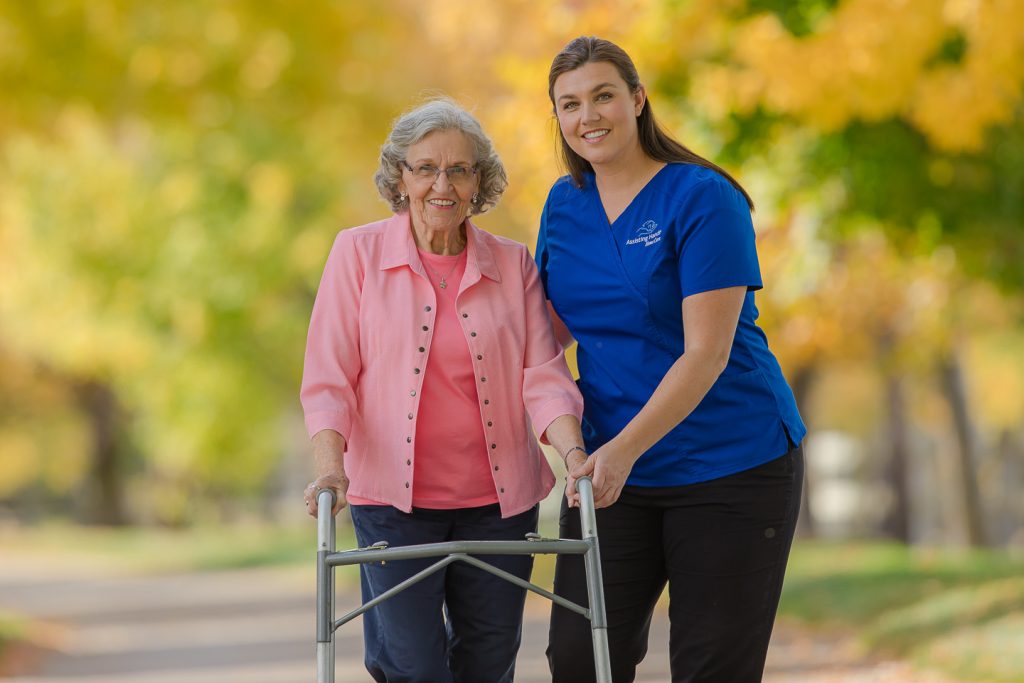
A senior home caregiver can be a wonderful resource for elderly people. At Assisting Hands, our senior caregivers provide senior home care and companionship for summer outings, helping seniors choose appropriate clothing, providing reminders to them about staying hydrated, and most importantly, providing excellent personal care. Contact Assisting Hands today at (214) 609-1340 to schedule a consultation and learn more about the benefits of elderly home care services in Frisco, TX | Plano, TX | Allen, TX | Little Elm, TX | Prosper, TX and the surrounding areas.
